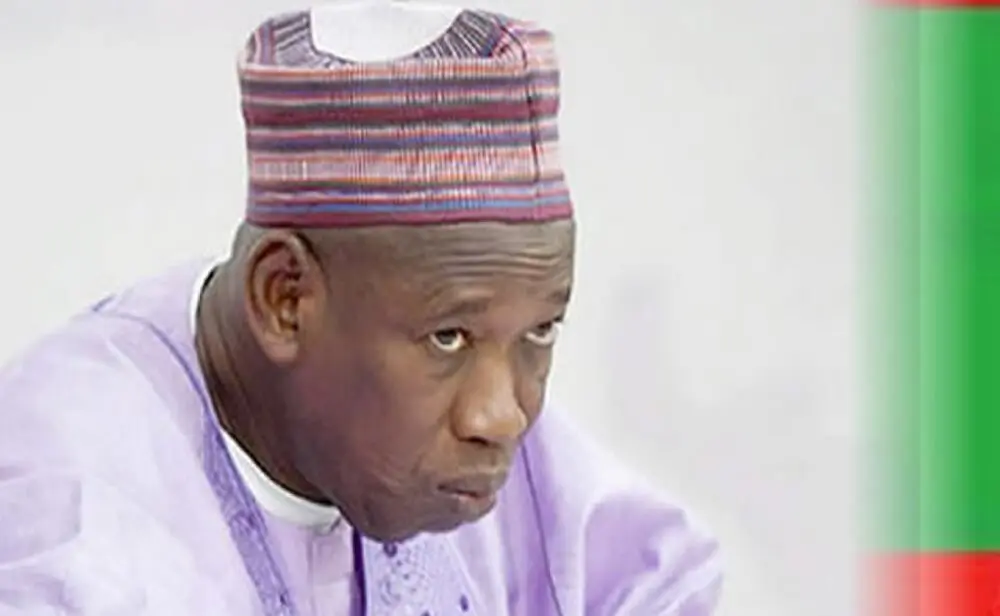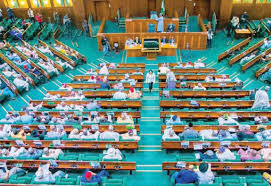Niger Ditches French, Embraces Hausa as National Language in Landmark Shift
Niamey, Niger – In a move reverberating across the Sahel region, Niger’s transitional government has officially declared Hausa as the nation’s new national language, effectively replacing French.
The announcement, made late yesterday by a government spokesperson, marks a decisive break from the country’s colonial past and signals a significant shift in national identity.
For decades, French has served as the official language of administration, education, and commerce in Niger, a legacy of French colonial rule.
However, Hausa, a widely spoken language across West Africa, particularly in northern Nigeria, Niger, Ghana, Sudan, and Cameroon, is the mother tongue for a significant portion of Niger’s population and a lingua franca for inter-ethnic communication.
“This decision is a sovereign act, reflecting the will of the Nigerien people to reclaim their cultural heritage and assert their independence,”
“French, while important for international communication, has never truly resonated with the soul of our nation. Hausa, on the other hand, is a language deeply intertwined with Nigerien history, culture, and daily life.”
The government spokesperson emphasized that this move was not intended to diminish the importance of French or other languages spoken in Niger, but rather to elevate Hausa to its rightful place as the primary language of national unity and identity. They outlined plans for a gradual transition, including:
Integration of Hausa into the Education System: Increased use of Hausa as a medium of instruction in schools and universities, alongside French in a transitional phase.
Government and Administrative Use: Phased implementation of Hausa in government communications, official documents, and public services.
Promoting Hausa Literature and Culture: Initiatives to support the development of Hausa literature, arts, and media.
The decision is being hailed by many Nigeriens as a step towards genuine decolonization and cultural empowerment. “It’s about time!” exclaimed Fatima Ali, a market vendor in Niamey. “French was always the language of the elite, of the foreigners. Hausa is our language, the language of the people.”
However, the move is also expected to present challenges. Critics point to the potential logistical complexities of transitioning government systems and the education sector to Hausa, particularly in the short term.
Concerns have also been raised about the implications for Niger’s relationships with French-speaking nations and international organizations.
“This is a bold decision with potentially far-reaching consequences,” commented Dr. Amadou Moussa, a political analyst based in Niamey.
“While it undoubtedly taps into a strong sentiment of national pride, the government will need to carefully manage the transition to ensure it is inclusive and does not disrupt essential services or international collaborations.”
The decision comes amidst a period of heightened geopolitical tension in the Sahel region and strained relations between Niger’s current military leadership and former colonial power, France.
Some observers interpret the language shift as another sign of Niger distancing itself from French influence and forging a new path, potentially closer to regional partners and other global players.
The long-term impact of this landmark decision remains to be seen. However, the embrace of Hausa as the national language undoubtedly marks a pivotal moment in Niger’s history, signaling a determined effort to redefine its national identity and prioritize its indigenous cultural heritage on the global stage.
The world will be watching closely as Niger navigates this significant linguistic and cultural transformation.




